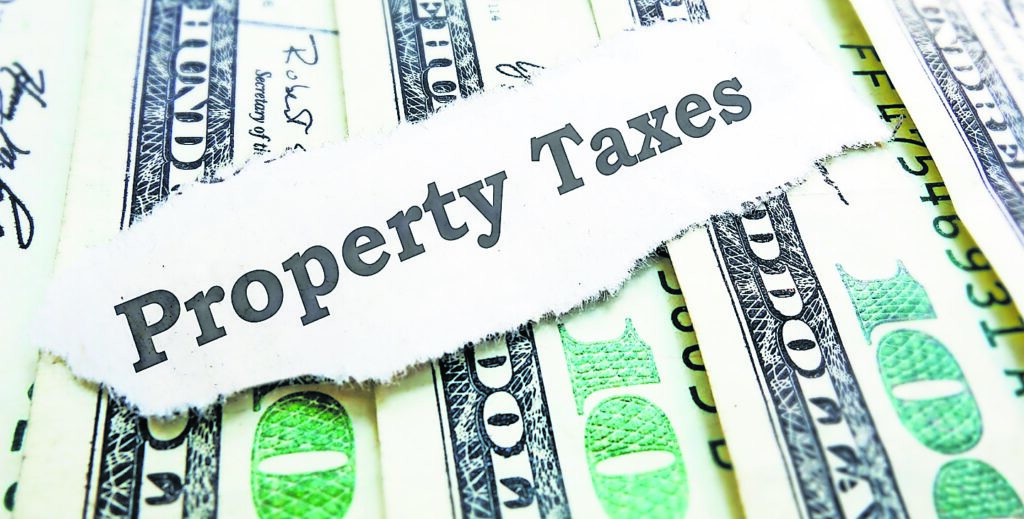
In Texas, tax foreclosure is a legal process by which a property owner’s interest in their property is forfeited to satisfy unpaid property taxes. The process is initiated when property taxes become delinquent, usually on February 1st of each year. Here is a general overview of the tax foreclosure process in Texas:
1. Delinquency: If property taxes are not paid by January 31st of each year, they become delinquent.
2. Notice: The county tax assessor-collector will send a notice to the property owner that the taxes are delinquent and that the property may be subject to foreclosure.
3. Lawsuit: If the taxes remain unpaid after 6 months, the county may file a lawsuit against the property owner to foreclose on the property.
4. Court Order: If the court finds that the property owner is in default, a judgment will be entered against the owner and a court order will be issued to sell the property.
5. Sale: The property will be sold at a public auction to the highest bidder. The sale is usually conducted by the county sheriff or constable
.6. Redemption: The property owner may redeem the property by paying the delinquent taxes, penalties, interest, and costs within a specified time period after the sale.If the property is not redeemed, the new owner will receive a sheriff’s deed or constable’s deed, which transfers ownership of the property to them.
It’s important to note that the tax foreclosure process can vary by county in Texas, so it’s recommended to consult with a real estate attorney or the county tax assessor-collector’s office for specific information.
Explain
How to avoid the tax foreclosure
Avoid tax foreclosure in Texas, property owners should make sure to pay their property taxes on time. Here are some steps property owners can take to avoid tax foreclosure:
1. Understand Your Property Tax Obligations: Property owners should understand their property tax obligations, including when taxes are due and how much they owe. This information is available on the county tax assessor-collector’s website.
2. Make Timely Payments: Property owners should make sure to pay their property taxes on time. Texas property taxes are due on January 31st of each year. If taxes are not paid by this deadline, they become delinquent and subject to penalties and interest.
3. Set Up Payment Plans: If a property owner is unable to pay their property taxes in full by the due date, they can set up a payment plan with the county tax assessor-collector’s office. This can help them avoid foreclosure by allowing them to pay their taxes in installments
.4. Apply for Exemptions: Property owners may be eligible for exemptions that can reduce their property tax burden. For example, Texas offers a homestead exemption that reduces the taxable value of a property by a certain amount. Property owners should check with their county tax assessor-collector’s office to see if they are eligible for any exemptions.
5. Seek Assistance: If a property owner is having difficulty paying their property taxes, they should seek assistance from a financial advisor, attorney, or other professional. There may be programs available to help property owners in financial distress. Overall, it’s important for property owners in Texas to understand their property tax obligations and make timely payments to avoid tax foreclosure. If a property owner is having difficulty paying their taxes, they should seek assistance as soon as possible to avoid foreclosure.
